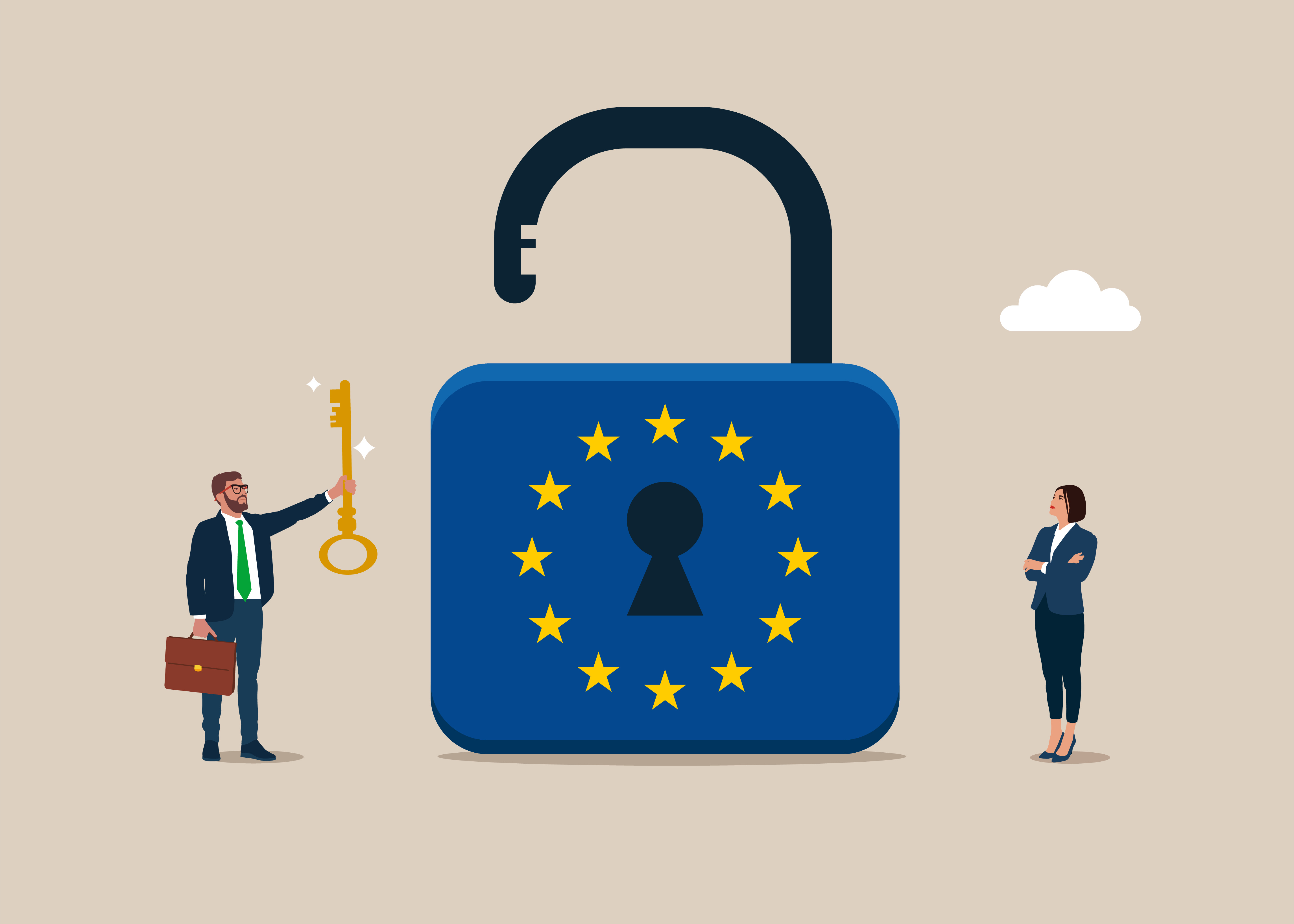
The future of freedom of information in Germany – between the need for reform and digitization
The Freedom of Information Act (IFG) will remain in place – that is the key message that has stuck in the public consciousness following resistance from FragDenStaat, among others (source). But that alone is not enough. The question is how the coalition intends to modernize the law in order to offer added value to both citizens and the administration. The coalition agreement states unequivocally:
"We want to reform the Freedom of Information Act in its current form to provide added value for citizens and the administration." (Source)
In view of technological change, reform seems long overdue. Digital technologies and artificial intelligence are developing rapidly. The IFG must take these developments into account.
What does the Freedom of Information Act regulate?
Since 2006, the IFG has granted the right to access official federal information. The aim is to make government action transparent, promote democratic participation, and strengthen trust in public institutions. The rule is that information must be disclosed upon request, unless there are exceptions that warrant protection—for example, in the area of data protection, trade or business secrets, or if internal security is threatened (source).
Opportunities and risks of reform
In practice, the IFG has contributed to greater transparency in recent years, for example through requests from journalists, NGOs, and interested citizens. At the same time, however, there are structural deficits: long processing times, non-transparent rejections, a lack of digitization, and complicated application procedures make access to information difficult.
Reform offers a wide range of opportunities:
- Digital processes can make requests faster and more efficient.
- The use of artificial intelligence can support administrative staff in reviewing large volumes of files, marking sensitive information, or automatically clustering similar requests.
- The proactive publication of certain documents could meet many information needs in advance—without the need for time-consuming individual requests.
But there are also risks:
- The use of AI must not lead to human decisions being replaced – especially when weighing up transparency and data protection.
- Digital accessibility must be designed to be inclusive so as not to exclude people without prior digital knowledge.
- Reform must not get bogged down in political minutiae – it requires clear responsibilities, resources, and a legal framework.
Impetus from the ICIC Conference 2025 in Berlin
At this year's opening of the International Conference of Information Commissioners (ICIC) in Berlin, the Federal Commissioner for Data Protection and Freedom of Information (BfDI), Prof. Dr. Louisa Specht-Riemenschneider, presented concrete ideas for sustainable freedom of information in Germany (source).
The focus was on:
- the expansion of digital processes to simplify and accelerate IFG requests;
- low-threshold access to information that is designed to be understandable both technically and linguistically;
- the use of AI to support administrative staff – but always on the premise that the decision to release information is not automated;
- the integration of freedom of information into the overall strategy for administrative modernization in order to exploit synergies and systematically consider transparency.
Conclusion
The decision not to abolish the Freedom of Information Act is a step in the right direction. However, the real work still lies ahead. A comprehensive reform must take into account the changed technical, social, and legal framework conditions. It should consider both the potential of digitization and the requirements for data protection and participation.
The impetus provided by the ICIC conference and the statements in the coalition agreement offer a solid foundation and cause for hope. Now it is time to translate these ideas into concrete legislative and organizational measures.
Both access to official data under the Freedom of Information Act and requests for information under the General Data Protection Regulation (GDPR) require defined and established processes. In both cases, the aim is to create transparency and meet regulatory requirements.
If you have any questions about the practical implementation of information procedures or the design of internal processes in compliance with data protection regulations, COMPLION will be happy to support you with expert advice and practical solutions.
Verfasser: Henri Fild